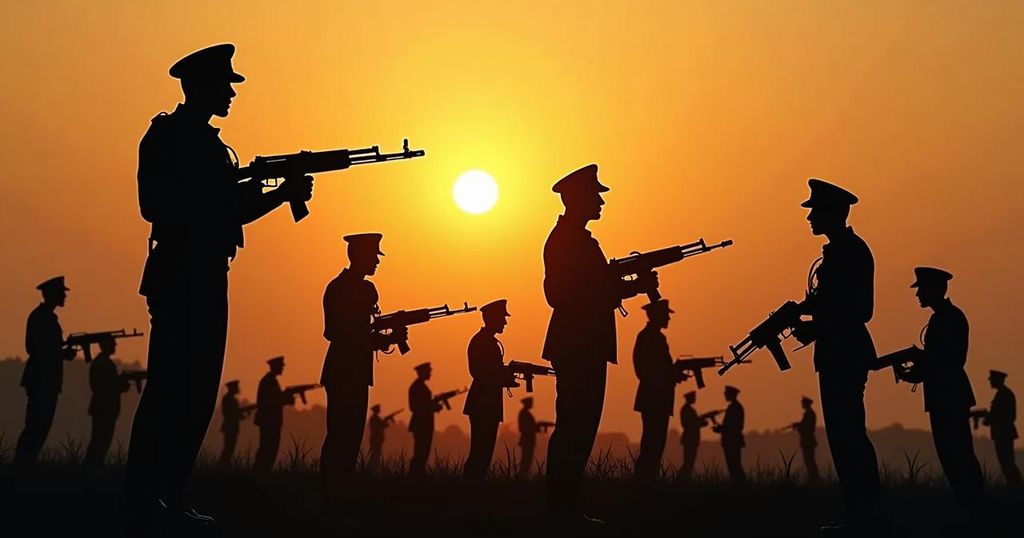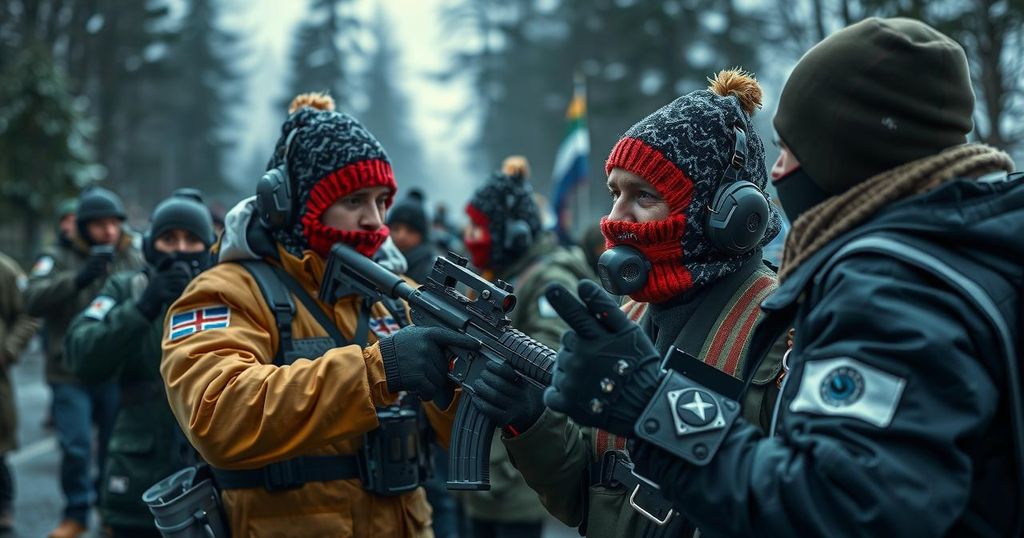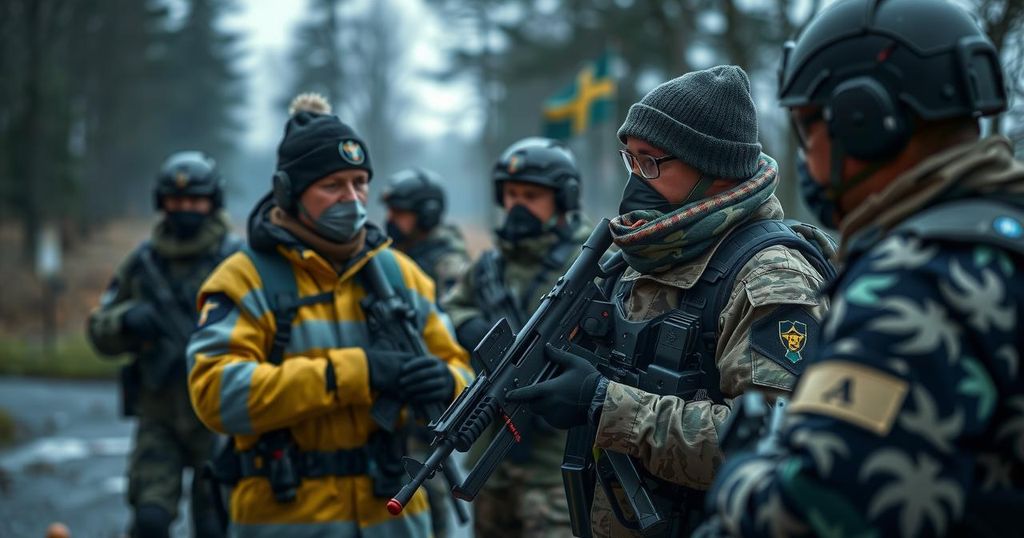Myanmar Military Appeals for Dialogue Amidst Continued Resistance
Myanmar’s military junta has unexpectedly urged anti-coup forces to abandon their struggle and engage in political discussions, a proposal swiftly dismissed by the National Unity Government. The call comes amidst internal military pressures and widespread reports of violence and human rights violations since the February 2021 coup. Civil society groups criticize the junta’s intentions, asserting that new elections may be a façade rather than a legitimate solution to the ongoing crisis.
In a surprising development, the military rulers of Myanmar, who took control in February 2021, have called upon opposition forces to cease their armed resistance and engage in political dialogue. The State Administration Council (SAC) characterized this initiative as an opportunity for ethnic armed groups and the People’s Defence Forces (PDF) to abandon what it referred to as a ‘terrorist way’ and to work together toward lasting peace and development through political processes. Despite this overture, the National Unity Government (NUG), comprising lawmakers ousted in the coup, promptly rejected the proposal, deeming it unworthy of consideration. The backdrop to this situation is significant, with various armed factions gaining ground against the military regime and exerting considerable pressure on it since launching a coordinated offensive in October 2022. Severe criticism has been directed at the military, with reports indicating that approximately 5,706 individuals have been killed, and nearly 21,000 detained amid ongoing violence. UN investigators have recently asserted that the military’s actions have escalated to a level that qualifies as crimes against humanity. The junta’s modus operandi includes organizing new elections, despite previously alleged electoral fraud. They claim that a census will begin on October 1 to refine voter lists but have yet to announce an election date. New laws imposed in January 2023 have consequently barred the National League for Democracy (NLD) and numerous other parties from participating in these elections, while Aung San Suu Kyi remains imprisoned on charges deemed politically motivated by observers. Furthermore, civil society organizations have labeled the impending elections as a charade, emphasizing that they serve only as a means for the military to salvage legitimacy on the international stage. In summary, Myanmar’s military leadership is under intense scrutiny and pressure from opposition forces as it attempts to navigate a complex political landscape marked by resistance and calls for legitimate governance instead of illusory electoral processes.
Since its independence from the United Kingdom in 1948, Myanmar has experienced enduring military rule. The most recent coup in February 2021 unseated the democratically elected government led by Aung San Suu Kyi’s National League for Democracy. In response to widespread protests and civil disobedience, various groups formed, including the National Unity Government, which leads the opposition against the military regime. In addition, armed ethnic groups have intensified their battles against the junta, leading to severe human rights abuses and a humanitarian crisis. International scrutiny and condemnation of the military’s actions have continued to mount amid calls for accountability for war crimes.
The Myanmar military’s call for dialogue appears to be a desperate attempt to regain some legitimacy amidst overwhelming resistance. The swift dismissal of their offer by the National Unity Government reflects the deep mistrust and unresolved grievances stemming from the coup. As the military’s grip weakens, any proposed elections are likely to be seen as illegitimate without genuine participation from all political factions, particularly the NLD and other opposition groups. The international community watches closely as this situation unfolds, concerned about the implications for stability and human rights in Myanmar.
Original Source: www.aljazeera.com








Post Comment